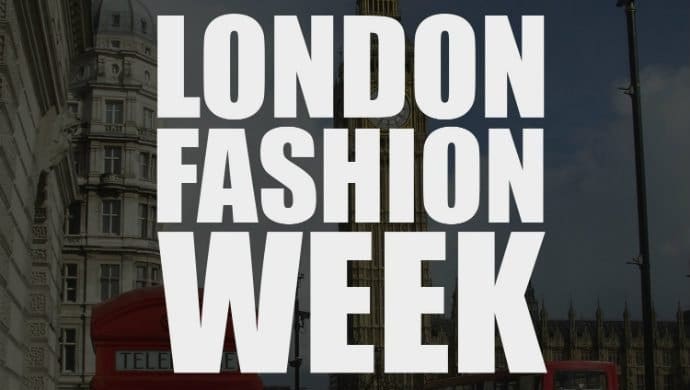In a groundbreaking move for the global fashion industry, London Fashion Week has become the first of the “Big Four” fashion weeks to implement a ban on exotic animal skins, effective from 2025. This significant decision underscores the growing ethical consciousness within the fashion industry and marks a pivotal moment in the movement towards sustainable and cruelty-free fashion.
The British Fashion Council (BFC), the governing body of London Fashion Week, announced the ban on exotic skins, including those from crocodiles, alligators, and snakes. This follows the successful ban on fur, which was first pledged in 2018 and formally implemented in December 2023.
“We are committed to providing our network with tools and resources to help them on this journey. As part of this, discussions are taking place around the use of feathers on the catwalk,” said the BFC in a press statement.
This progressive stance by London Fashion Week aligns with the increasing global demand for ethical and sustainable fashion. By setting a precedent for the industry, London aims to inspire other fashion capitals, such as Milan, Paris, and New York, to follow suit and adopt similar measures.
Animal rights organizations have applauded the BFC’s decision, highlighting the cruelty associated with the exotic skin trade. “Millions of animals continue to suffer and die for fashion when there are so many innovative and exciting animal-friendly materials designers and clothing companies can choose to create with instead,” said Dr Charlotte Regan, a wildlife campaign manager at World Animal Protection UK.
While the ban on exotic skins is a significant step forward, animal rights activists are now focusing on the use of feathers in fashion. Copenhagen Fashion Week has already announced a ban on feathers from 2025, and there is growing pressure on London Fashion Week to follow suit.
However, the implementation of a feather ban may pose challenges, as feathers are widely used as decorative elements in fashion. Additionally, the difficulty in distinguishing between real and faux feathers further complicates the issue.
The BFC’s Institute of Positive Fashion, which focuses on social, environmental, and sustainability programs, is actively working to address these challenges and promote ethical practices within the industry. By encouraging designers to adopt sustainable materials and ethical production methods, the BFC aims to shape the future of fashion and ensure a more compassionate and environmentally friendly industry.

